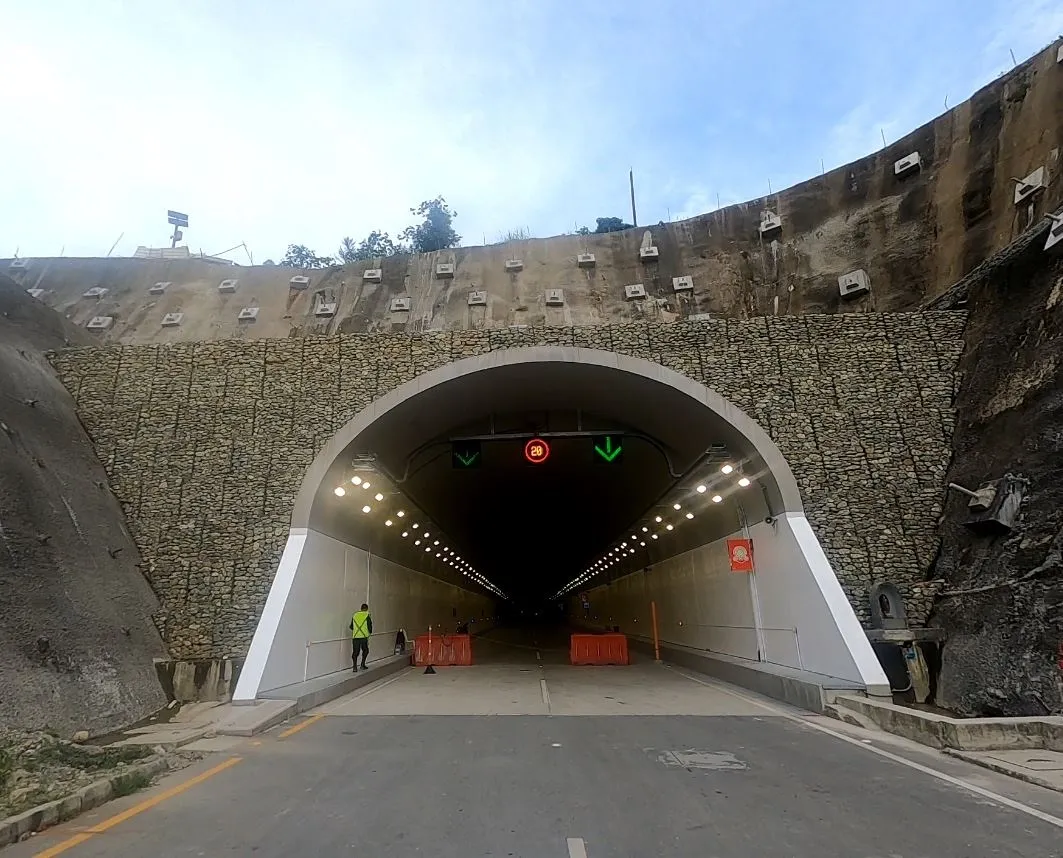Business Monitor’ latest report on Russia’s infrastructure sector has considerably revised down their construction industry forecast for the country in 2014 in light of recently published lacklustre official data. With a contraction of 1.25 per cent in the first nine months of 2013, they now forecast only moderate growth in the industry of 1.5 per cent for 2014.
Although they had anticipated significant growth in the industry as a result of the large investments made for the Winter Olympic Games, this s
February 14, 2014
Read time: 2 mins
Business Monitor’ latest report on Russia’s infrastructure sector has considerably revised down their construction industry forecast for the country in 2014 in light of recently published lacklustre official data. With a contraction of 1.25 per cent in the first nine months of 2013, they now forecast only moderate growth in the industry of 1.5 per cent for 2014.
Although they had anticipated significant growth in the industry as a result of the large investments made for the Winter Olympic Games, this seems to have failed to materialise. In addition, private investment has continued to weaken as a result of endemic corruption, inefficient bureaucracy and lack of investor guarantees. This poor business environment is exacerbated by stubbornly high inflation and slow economic growth.
Business Monitor’s country risk team forecasts a slowdown in the Russian GDP, which should arrive at 2.0 per cent in 2013, down from 3.4 per cent in 2012, with a slight acceleration to 2.5 per cent expected in 2014.
Infrastructure associated with the export of commodities (pipelines, ports and transport infrastructure – to support oil and gas output east and west of the Urals) has a high growth potential - as development is predicated on growth in the natural resources sector. These projects have been prioritised by the government.
In November 2013, Avtodor shortlisted four teams to bid for the M-11 highway. The four teams are Corsan-Corviam Construccion and consortia Stolichniy Tract OJSC, Roads Construction Corporation and Two Capitals Highway. The concession agreement involves financing, constructing and operating the 543km-684 kilometre section of the toll road.
In January 2014 Lithuania-based company Avia Solutions Group and Russia's state-owned company Rostec signed a cooperation agreement to develop and management a new Moscow airport with a capacity of 12 million passengers per year. The new Russian airport, dubbed Ramenskoye International Airport, is designed to cater for low-cost airlines - a niche industry that has experienced slow growth in Russia as a result of insufficient infrastructure.
Business Monitor maintains its view that political risk is the main element that can ultimately curtail growth as public policy remains opaque, convoluted and subject to frequent change. The planned privatisation scheme remains on the agenda; yet, on the back of heavy state involvement and strong vested interests, they believe foreign enthusiasm to be muted.
Although they had anticipated significant growth in the industry as a result of the large investments made for the Winter Olympic Games, this seems to have failed to materialise. In addition, private investment has continued to weaken as a result of endemic corruption, inefficient bureaucracy and lack of investor guarantees. This poor business environment is exacerbated by stubbornly high inflation and slow economic growth.
Business Monitor’s country risk team forecasts a slowdown in the Russian GDP, which should arrive at 2.0 per cent in 2013, down from 3.4 per cent in 2012, with a slight acceleration to 2.5 per cent expected in 2014.
Infrastructure associated with the export of commodities (pipelines, ports and transport infrastructure – to support oil and gas output east and west of the Urals) has a high growth potential - as development is predicated on growth in the natural resources sector. These projects have been prioritised by the government.
In November 2013, Avtodor shortlisted four teams to bid for the M-11 highway. The four teams are Corsan-Corviam Construccion and consortia Stolichniy Tract OJSC, Roads Construction Corporation and Two Capitals Highway. The concession agreement involves financing, constructing and operating the 543km-684 kilometre section of the toll road.
In January 2014 Lithuania-based company Avia Solutions Group and Russia's state-owned company Rostec signed a cooperation agreement to develop and management a new Moscow airport with a capacity of 12 million passengers per year. The new Russian airport, dubbed Ramenskoye International Airport, is designed to cater for low-cost airlines - a niche industry that has experienced slow growth in Russia as a result of insufficient infrastructure.
Business Monitor maintains its view that political risk is the main element that can ultimately curtail growth as public policy remains opaque, convoluted and subject to frequent change. The planned privatisation scheme remains on the agenda; yet, on the back of heavy state involvement and strong vested interests, they believe foreign enthusiasm to be muted.








